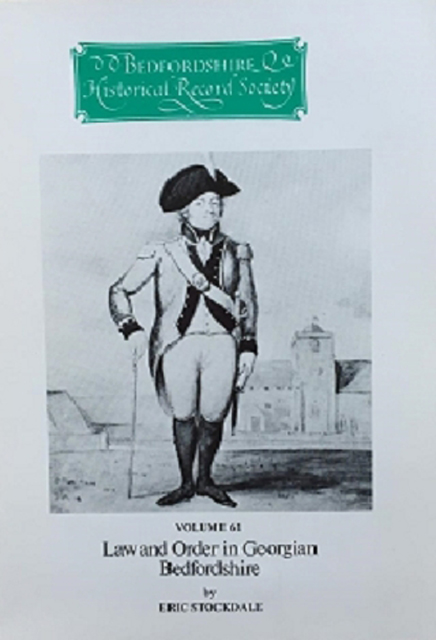IV - Then a Soldier, Unwillingly to School
Published online by Cambridge University Press: 03 August 2023
Summary
In 1809 there were two regiments of the Bedfordshire Local Militia, ready to repulse Napoleon. Samuel Whitbread commanded the First with the rank of Lieutenant-Colonel, and Lord St. John the Second. Whitbread’s adjutant was Lieutenant Charles Bailey, and one of the sergeants serving under them both was Richard Warden, a local carpenter. The non-commissioned officers of the regiment, including Warden, were only required to be full-time soldiers for one month in the year, when the regiment was embodied, but during the remainder of the year they received some pay, and were obliged to make themselves available for drill periods. The non-commissioned officers were from time to time required to write down orders, and so Colonel Whitbread, like some of his militia colleagues, decided to raise the standard of literacy in his unit, by requiting the sergeants and corporals to go to evening classes. Whitbread in the House of Commons had been a keen supporter of the idea of universal education, and so one can readily understand his enthusiasm for the further education of the more important members of his regiment.
The news of the idea of evening classes was broken to the noncommissioned officers by Lieutenant Bailey one day in November 1809, when they were all assembled in the Race Meadow, off the Ampthill Road. Bailey told his part-time military subordinates that their colonel expected them to attend classes every evening of the week so that their ability to read and write might be improved. Their teacher was to be their own Sergeant- Major, Thomas Warner, and each pupil was to have the privilege of paying eightpence a week for tuition, or, as one sergeant later put it, ‘to find fire and candle, and to pay the schoolmaster’. In practice, no-one was ever required to make any payment.
Understandably some of the militiamen resented being ordered to go to school at their own expense. What made the whole thing worse for some was that they were mocked by the children who learned about their return to school. A hoary old corporal called Dickens Prigmore, who had ‘been a soldier going on twenty-one years’, and who said that whilst his fingers were a little too stiff for a pen, ‘they are lissom enough for a firelock’, found that the children laughed at him and his colleagues.
- Type
- Chapter
- Information
- Law and Order in Georgian Bedfordshire , pp. 81 - 94Publisher: Boydell & BrewerFirst published in: 2023

